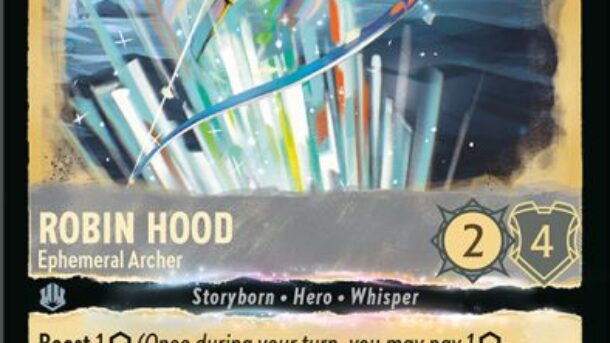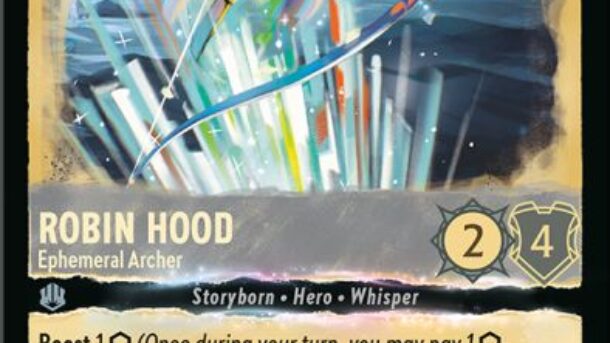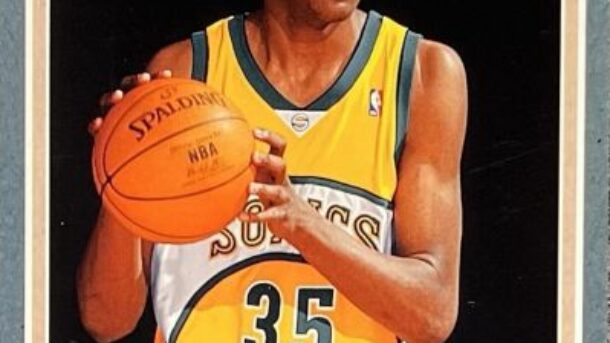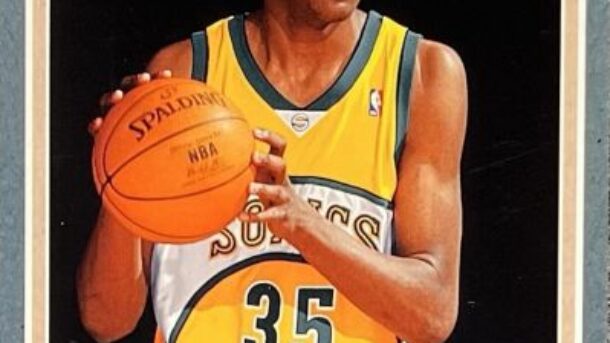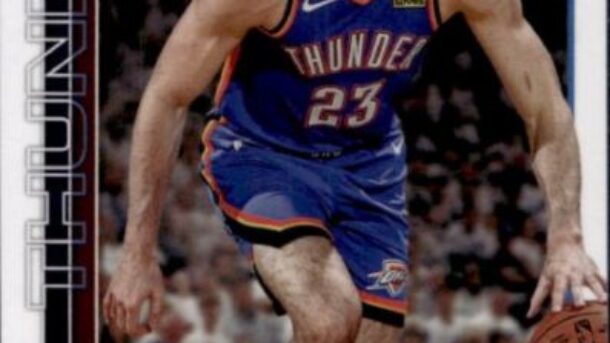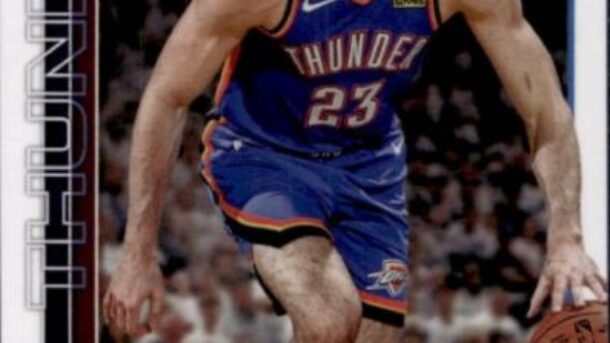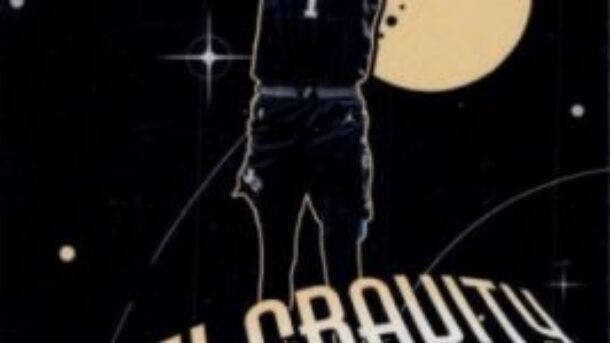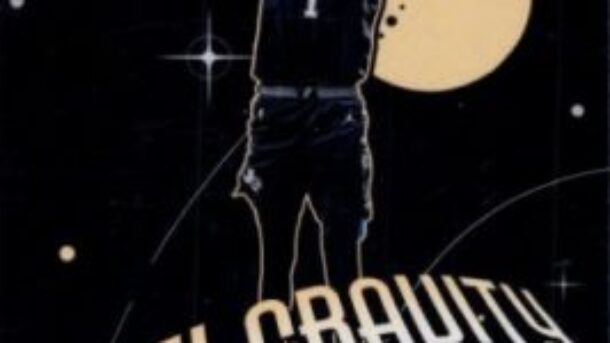In a world where fantastical realms and strategic gameplay intersect, the much-anticipated tenth release of the Disney Lorcana trading card game, titled “Whispers in the Well,” is poised to enchant players with its plethora of enigmas and engaging mechanics. As with every evolution in this magical universe, Disney and Ravensburger have meticulously embedded twists that promise to keep even the sharpest minds engrossed.
The anticipation surrounding this latest chapter is palpable, and not without reason. “Whispers in the Well” is introduced as the second set of the current rotation, dripping with a promise of secrets that are waiting to be unveiled. While both Disney and Ravensburger are tight-lipped about certain aspects, previews and the inevitable yet tantalizing leaks provide glimpses of a card collection that ingeniously combines puzzle mechanics with strategic depth, inviting players to dive into mysteries and emerge with newfound insights.
The rollout of this set is as intricately planned as its narrative elements. Local game stores, those cherished havens for community and camaraderie, are set to receive the product on Friday, November 7. This initiative not only offers early access to the most passionate local players but also paves the way for exclusive early events and promotional opportunities to kindle excitement. A mere week later, on November 14, the wider release will commence, casting its spell across major retailers and online platforms, allowing a broader swath of the gaming community to partake in the enchantment.
A curious addition to the Lorcana universe is the new card type, Whisper, described as a partial Glimmer. At first glance, these Whisper cards with their parchment-like textures and worn edges evoke the nostalgia of leafing through a weathered tome. Their thematic essence lies in the assembly of these pieces to form a complete character, creating a semblance of reconstructing history or lore from scattered fragments. Examples such as Ursula, Whisper of Vanessa, and Gaston, Frightful Bully, suggest the set’s commitment to rich storytelling and clever strategic opportunities.
Intriguingly enough, the Whisper cards introduce a novel ability known as Boost, reminiscent of the Shift mechanic yet distinctively innovative. Instead of the traditional method of paying Ink, players are encouraged to slide a card beneath the Whisper, converting top-deck knowledge into actionable power. This offers a strategic layer wherein players can make calculated decisions on whether to stow away lesser draws or risk valuable cards—the ultimate gamble for the discerning tactician.
Adding to this tapestry are new franchises making their debut, one of which is the beloved “Gargoyles.” Characters like Demona, Scourge of the Wyvern Clan, enter the fray with a commanding presence, replete with abilities that demand respect and careful consideration from opponents. The entry of such iconic figures into Lorcana’s realm unlocks endless potential for creativity in deck-building and tactical play.
The other memorable addition comes in the form of “The Black Cauldron,” introducing mechanics that could revolutionize deck-building methodologies. Through its card, The Black Cauldron, players gain the tantalizing ability to bend the boundaries of reality by retrieving characters from their discard pile. This reanimation mechanic gives rise to innovative archetypes, giving newfound weight to what was once considered lost.
The set promises a familiar yet compelling scale, with a 204-card base complemented by 18 Enchanted, 18 Epic, and 2 Iconic cards, culminating in a grand collection of 242. Among these treasures are Iconic cards such as Hades, Looking for a Deal, and Ariel, Ethereal Voice, each bringing unique dynamics that can tilt the game’s course.
Yet, the true beauty of this set transcends its mechanics and numbers. “Whispers in the Well” gracefully interweaves storytelling with gameplay, characterized by its evocative tagline, “Light Your Path.” This beckons players to engage with the narrative at hand, to follow the whispers through their strategic choices, and to unearth the secrets lurking within.
The artistry within the set is a testament to detective-themed narratives, featuring the likes of Judy Hopps and scenes suffused with an air of investigation. It’s not just a collection of cards; it is an invitation to follow clues, solve puzzles, and partake in an interactive story where players illuminate the obscured paths of this mystical world.
As we stand at the cusp of this grand unveiling, “Whispers in the Well” promises to be more than just a strategic offering—it’s an adventure, a puzzle, and a story waiting to unfold, offering players a chance to not just witness, but actively illuminate the mysteries that lie beneath the surface.

